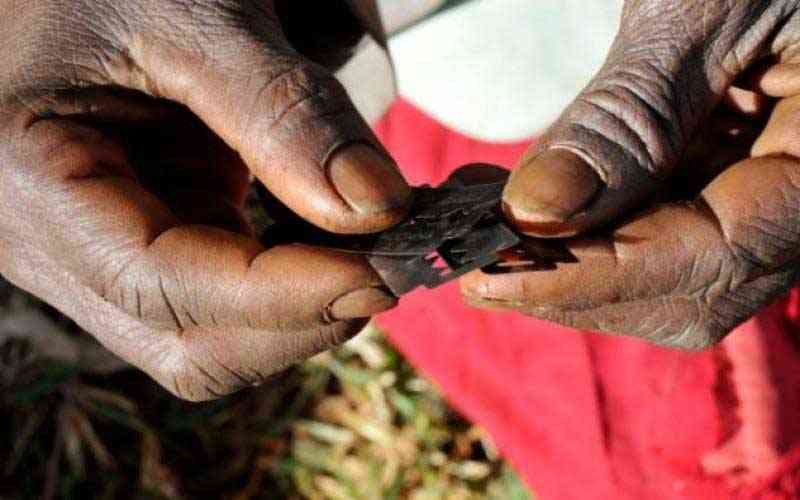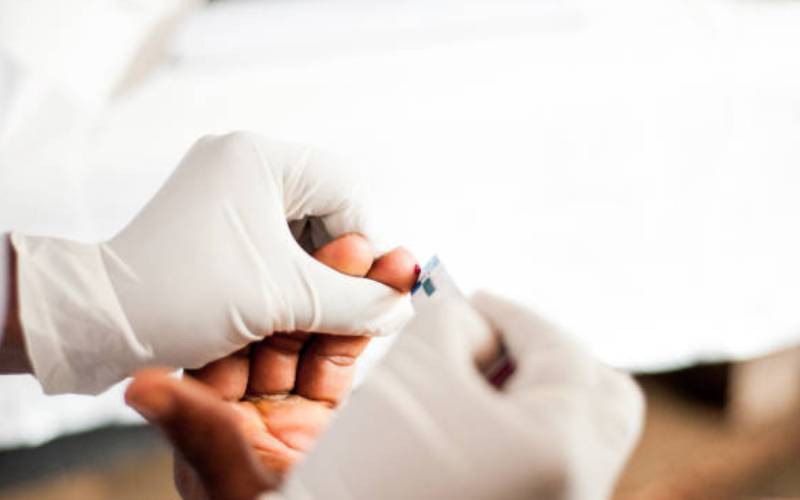
The fight against female genital mutilation (FGM) is being undermined by families taking girls to other countries to put them through the procedure, the United Nations warned Friday.
It called for concerted global action to tackle cross-border and transnational FGM, including so-called "vacation cutting" by families in the West.
Although many countries have stepped up efforts to eradicate FGM, the practice continues across the world, in part due to the "clandestine" practice of taking girls abroad, a report from the UN human rights office said.
Families, particularly in Europe and North America, take their daughters to their countries and communities of origin to undergo FGM during school holidays, the office said.
Though most countries in Africa have criminalised the practice, the report said some countries were serving as "transnational FGM hubs", while in some cases, the cutters move across borders to carry out the procedure.
"Female genital mutilation is part of a continuum of gender-based violence and has no place in a human rights-respecting universe," UN rights chief Volker Turk said in a statement.
"It must be eliminated in all its forms, and the gender stereotypes and patriarchal norms that anchor and perpetuate it uprooted."
- Organisation protects boys and girls in fight against FGM in Samburu
- Engage men in fighting FGM
Keep Reading
The UN Children's agency UNICEF defines FGM as "the partial or total removal of the female external genitalia or other injuries to the female genital organs for non-medical reasons".
It can lead to serious health problems, including infections, bleeding, infertility and complications in childbirth, and impairs sexual pleasure.
Turk called for countries to addresses the root causes and the consequences of FGM, by harmonising legal and policy frameworks and enforcing them.
According to the UNFPA -- the UN's sexual and reproductive health agency -- more than 200 million girls and women alive today have undergone FGM.
"If the practice continues at the current pace, an estimated 68 million girls will undergo FGM between 2015 and 2030," the report said.
 The Standard Group Plc is a multi-media organization with investments in media platforms spanning newspaper print
operations, television, radio broadcasting, digital and online services. The Standard Group is recognized as a
leading multi-media house in Kenya with a key influence in matters of national and international interest.
The Standard Group Plc is a multi-media organization with investments in media platforms spanning newspaper print
operations, television, radio broadcasting, digital and online services. The Standard Group is recognized as a
leading multi-media house in Kenya with a key influence in matters of national and international interest.











